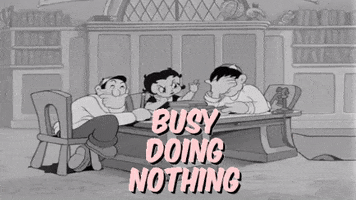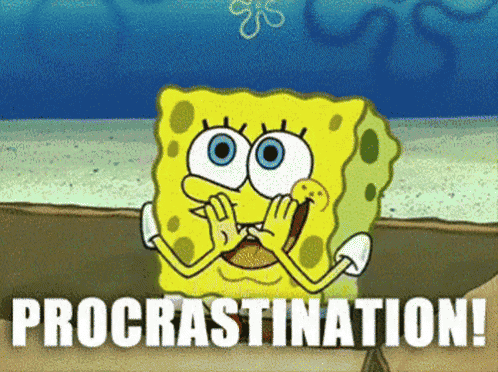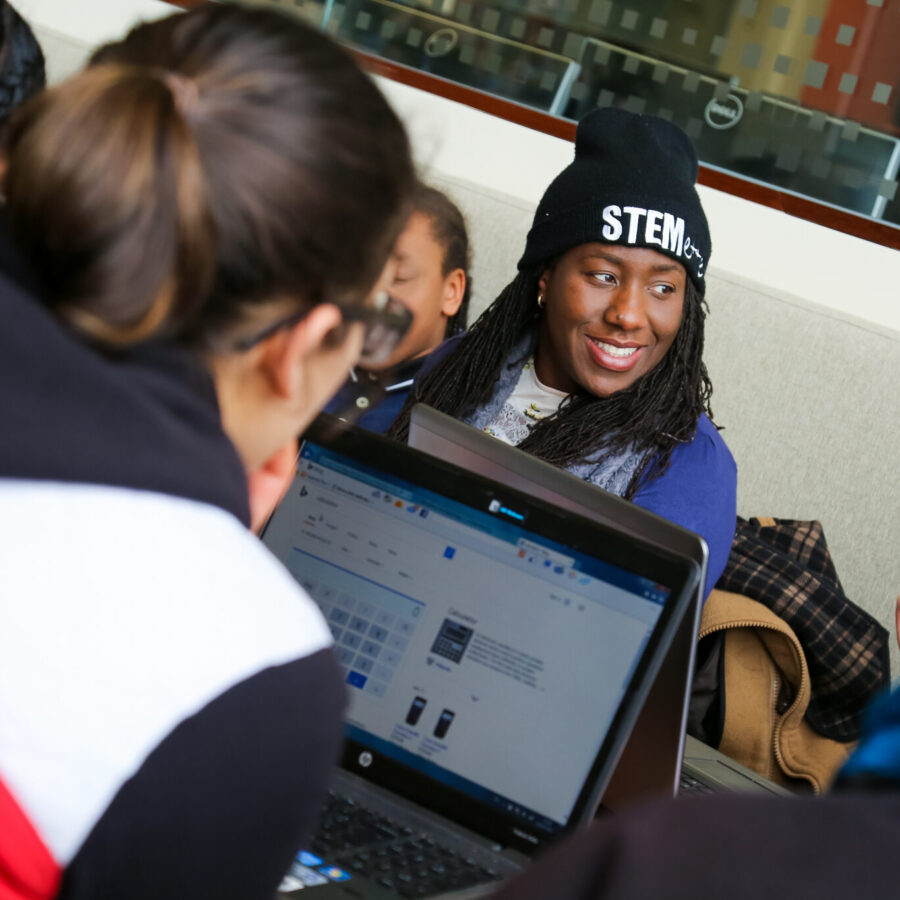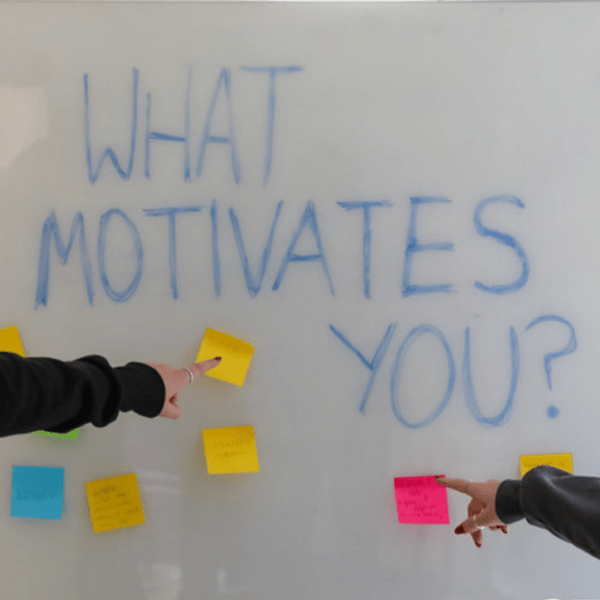With so many of us completing our coursework (and work-work!) from home, isolated from others, it is a particularly challenging time to navigate. So how do you stay motivated, especially in an era of such uncertainty?

Start small, don’t stall
Identify what you would like to achieve: concentration to get a set number of tasks done? Sustained motivation? Break daily activities into segments: that to-do list may seem daunting, but splitting tasks into bite-sized chunks with ‘quick wins’ will start the ball rolling and leave you less likely to stall at the thought of one mammoth task ahead.
Try doing the worst first. Tackle the biggest, scariest task first in the day to get it over with. By prioritising the ‘worst’, each subsequent item feels easier to process.
Understand any ‘mind block’ – advocates and allies
It’s irresponsible to label a lack of productivity as ‘laziness’. Motivation comes from confidence that we are capable, which spurs willingness to tackle that task. So, reach out to your advocates – those who know how capable you are. Sometimes a pep talk can provide the bolster you need to overcome a ‘block’.
Elsewhere, touch base with your peers and ask about how they truly are finding things. In this pandemic, we may all be struggling. Share honestly together how you all are coping and your strategies for doing so.

What’s the distraction?
Ping! Chances are, your phone is nearby, filled with things much more exciting than your coursework or tasks.
When I was stressed with University deadlines, I read up on the Pomodoro technique. Our brains process information most efficiently in small, concentrated blocks. I would set timers on my phone for 25 minutes, focusing only on the coursework, and reward myself with a break at the end. I would leave my phone in another room, only answering it to stop the timer. You’ll be surprised how quickly that time goes, and your socials are still there to scroll when you are finished.

Reap the rewards…
Squeezing your productivity into concentrated time blocks will create more time elsewhere in your schedule to do other things you love.
Understand your ‘productivity cycle’ and harness it to maximise your downtime. Don’t fight against your natural effective period, trying to shoehorn into a ‘conventional’ schedule. Work with it!
During my undergrad dissertation, I spent 80 hours in the library trying desperately to reduce word count. I handed it in, exhausted, and went home and slept for 14 hours straight. I learnt from this, so that for my Master’s two years later, I submitted it a week early and went camping! My peers were still in the library cramming when I returned.
…And don’t be too hard on yourself, ever
This is important! Never feel like a failure or brand yourself as ‘lazy’ because you haven’t been 100% ‘utilised’. There’s always tomorrow, and all the personal growth and achieved targets it can bring. You are worth more than a word count on an essay!

This article was written by Amy Collier, Senior Environmental Consultant at SYSTRA Ltd.






